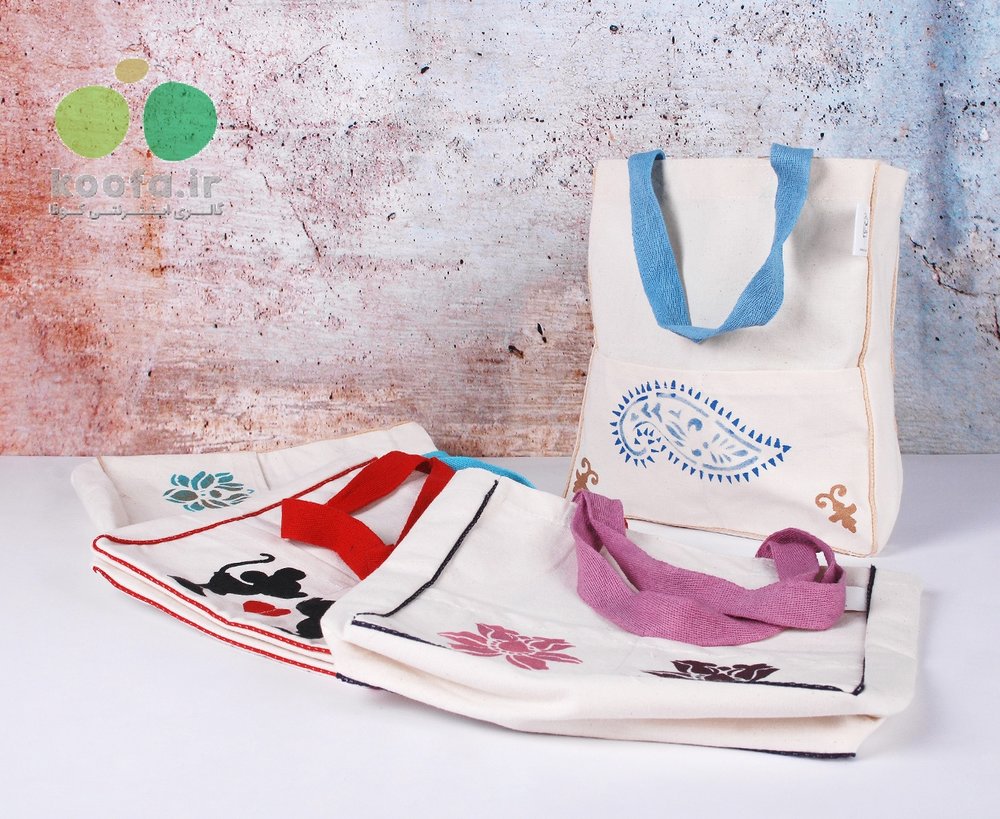‘Tehran municipal fruit markets offer biodegradable bags’

TEHRAN — Bags used in all fruit markets affiliated to Tehran Municipality are either biodegradable or bio-plastics, an official with Tehran Municipality has said.
As per a law passed by Tehran City Council since 2009 all municipal fruit markets are bound by law to use biodegradable bags or bio-plastics, Abdolhossein Rahimi said, Fars reported on Thursday.
In order to encourage citizens to use less plastic bags municipal fruit markets offer small discounts to those who refuse to get plastic bags, Rahimi highlighted.
Unfortunately each Iranian is throwing away three plastic bags on average every day, Tehran city councilor Nahid Khodakarami said on July 10.
Why plastic bags are problematic?
Conserving Now reports that on average a person uses a plastic carrier bag for only 12 minutes we only recycle one plastic bag in every 200 we use. Each year, an estimated 500 billion to 1 trillion plastic bags are consumed worldwide. That comes out to over one million per minute. Billions end up as litter each year.
According to Mother Earth News plastic bags have some unique problems. While their environmental costs are burdensome for communities and of course the planet, the cost of plastic bags for retailers is pretty low.
Plastic bags are made from ethylene, a byproduct of petroleum or natural gas, plastic bags are so cheap and flimsy that cashiers use them freely, double bagging as a matter of course and often sticking just a few items in each bag.
Therefore, shoppers end up with piles of plastic bags spilling out of closets and threatening to take over cupboards until we finally throw up our hands and either dump them in the trash or, if we’re lucky enough to live in an area where stores provide plastic bag collection bins, cart them back for recycling. Sure, some of us reuse plastic shopping bags, but the bags still end up in the landfill.
Even when disposed of properly, plastic bags are so lightweight and aerodynamic, they are easily picked up and carried by the wind. They can escape from trash bins, recycle bins, garbage trucks, and landfills, and end up littering the landscape. Blowing down the street, flapping from trees, clogging storm drains, and making their way out to sea, plastic bags have been referred to as “urban tumbleweeds” for good reason. And they persist in the environment, causing harm for a very long time.
MQ/MG
Leave a Comment